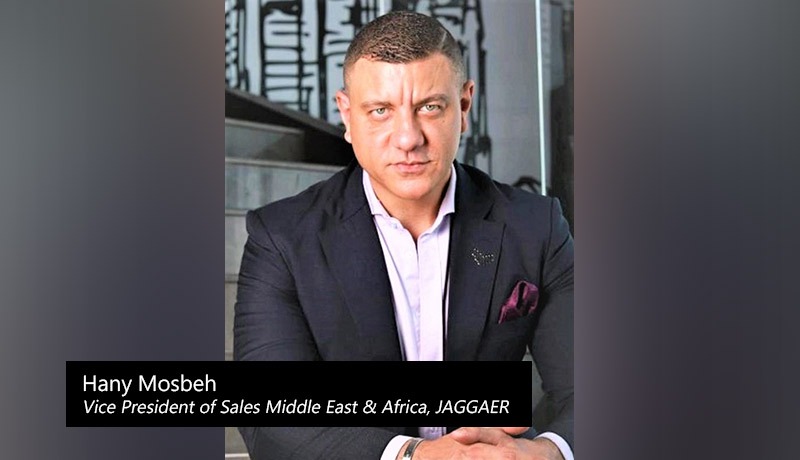
JAGGAER highlighted procurement technology advances at Arab Health. The reveal of its latest technology in its ground-breaking procurement systems was done during this year’s Arab Health, as it supports global healthcare recovery.
With new technology and innovation taking centre stage at this year’s edition of Arab Health, JAGGAER has launched the company’s Digital Mind strategy. The core set of advanced strategies includes embedded intelligence, predictive analytics, and real-time user guidance to support healthcare procurement teams with strategic decision making, procurement efficiency, risk reduction and customer service.
In a report published by Deloitte, the size of the global market for the Internet of Medical Things (IoMT) is expected to top US$158 billion by 2022, with the IoMT market in the MENA region, reaching US$9 billion.
Hany Mosbeh, Vice President of Sales Middle East & Africa, JAGGAER, said: “The healthcare sector is increasingly adopting disruptive technologies into the IoMT ecosystem including artificial intelligence (AI), augmented and virtual reality (AR/VR), and robotic process automation (RPA). From a procurement perspective, these technologies are also being utilised in our systems, having far-reaching benefits for the healthcare industry.”
The new Digital Mind strategy incorporates JAGGAER Adopt, Assist and Advise. The latter enables users to be more proactive in recognising areas of improvement and mitigating challenging situations such as supplier risk. By leveraging a combination of advanced predictive analytics, machine learning, and customer-specific business rules, JAGGAER Advise enables procurement professionals to identify steps that could improve performance or results and take corrective action on behalf of users.
Furthermore, the software provides data-driven actionable insights and recommends the next steps to mitigate the risk of supply disruptions, supplier qualification and performance issues, and underperforming sourcing events.
Speaking at one of the sessions during the event, Microsoft Research’s Chief Medical Scientist, Dr Junaid Bajwa outlined the role of data in the healthcare sector, he said: “Today’s story is one of automation of processes, aggregation of data, moving to intelligent analysis and AI, and then repeating that cycle. If we get this right, it has the potential to reduce costs and support clinicians by unmasking occult disease types, generalising new associations and perhaps even generating new novel hypotheses and new mechanisms.”
JAGGAER’s supports over 120 healthcare organisations around the world by helping them to modernise and transform their procurement capabilities and drive their industry forward. Companies include the Dubai Health Authority, Uniting Care, NHS England, HCA Healthcare, and Bright Horizons.
“During Arab Health, we heard from a range of experts who highlighted the challenges directly linked to COVID-19, from developing enough vaccines to combat the infection to the flow of raw materials to make the vaccines. In an era of technological advancements in the healthcare industry that are saving lives, it is also important to utilise this technology from a business perspective so that we can identify future risk and improve performance,” Mosbeh added.